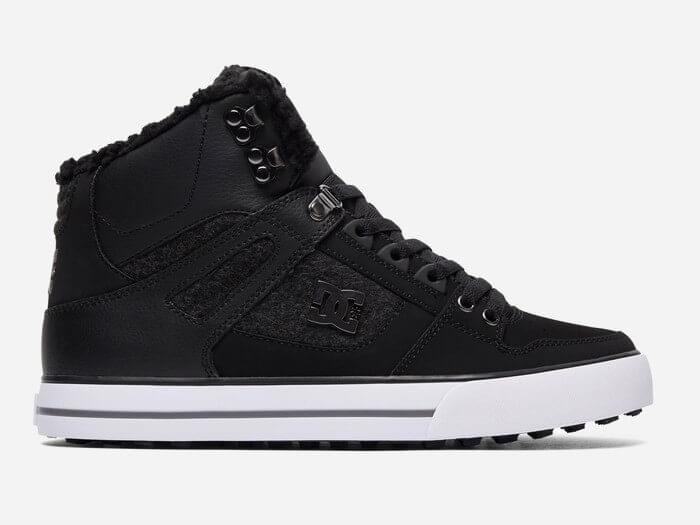Marine Fuel Rubber Hoses: Ensuring Safe and Efficient Fuel Transfer
Introduction:
Marine fuel rubber hoses are crucial components in the shipping industry, facilitating the transfer of fuel from storage tanks to various parts of a vessel. These specialized hoses are designed to withstand the harsh marine environment and provide a safe and efficient fuel transfer process. This article will explore the significance of marine fuel rubber hoses and the key factors involved in their production.
Marine fuel rubber hoses are manufactured using high-quality rubber compounds that offer exceptional resistance to oil, fuel, and other chemicals commonly found in marine environments. The selection of the right rubber material is crucial to ensure the hose's durability and longevity.
To enhance the strength and flexibility of marine fuel rubber hoses, they are reinforced with multiple layers of high-tensile synthetic fibers. These reinforcement layers not only provide structural integrity but also help to prevent kinking and collapse during fuel transfer.
The production process of marine fuel rubber hoses includes the extrusion of the rubber compound, followed by the application of fabric layers and the vulcanization process. Vulcanization involves subjecting the hose to heat and pressure, which ensures proper bonding of the rubber and reinforcement layers.
 Once the hose is vulcanized, it undergoes rigorous quality control checks to ensure it meets industry standards. These tests include pressure testing, leak detection, and evaluation of the hose's resistance to temperature fluctuations and chemical exposure.
One crucial aspect of marine fuel rubber hoses is their ability to withstand high-pressure conditions. They are designed to handle the pressures associated with fuel transfer, ensuring a steady and reliable flow of fuel within the vessel's systems.
Additionally, marine fuel rubber hoses are equipped with various safety features, such as anti-static properties and flame resistance. These features minimize the risk of fuel ignition and help prevent accidents in the event of fuel leakage.
Once the hose is vulcanized, it undergoes rigorous quality control checks to ensure it meets industry standards. These tests include pressure testing, leak detection, and evaluation of the hose's resistance to temperature fluctuations and chemical exposure.
One crucial aspect of marine fuel rubber hoses is their ability to withstand high-pressure conditions. They are designed to handle the pressures associated with fuel transfer, ensuring a steady and reliable flow of fuel within the vessel's systems.
Additionally, marine fuel rubber hoses are equipped with various safety features, such as anti-static properties and flame resistance. These features minimize the risk of fuel ignition and help prevent accidents in the event of fuel leakage.
 Conclusion:
Marine fuel rubber hoses play a vital role in the shipping industry, providing a safe and efficient means of transferring fuel onboard vessels. The production process of these hoses involves careful material selection, reinforcement with synthetic fibers, vulcanization, and rigorous quality control checks. With their robust construction and safety features, marine fuel rubber hoses ensure smooth and reliable fuel transfer operations, contributing to the overall efficiency and safety of maritime activities.
Conclusion:
Marine fuel rubber hoses play a vital role in the shipping industry, providing a safe and efficient means of transferring fuel onboard vessels. The production process of these hoses involves careful material selection, reinforcement with synthetic fibers, vulcanization, and rigorous quality control checks. With their robust construction and safety features, marine fuel rubber hoses ensure smooth and reliable fuel transfer operations, contributing to the overall efficiency and safety of maritime activities.





Leave Your Product Requirements
Your email address will not be published. Required fields are marked *